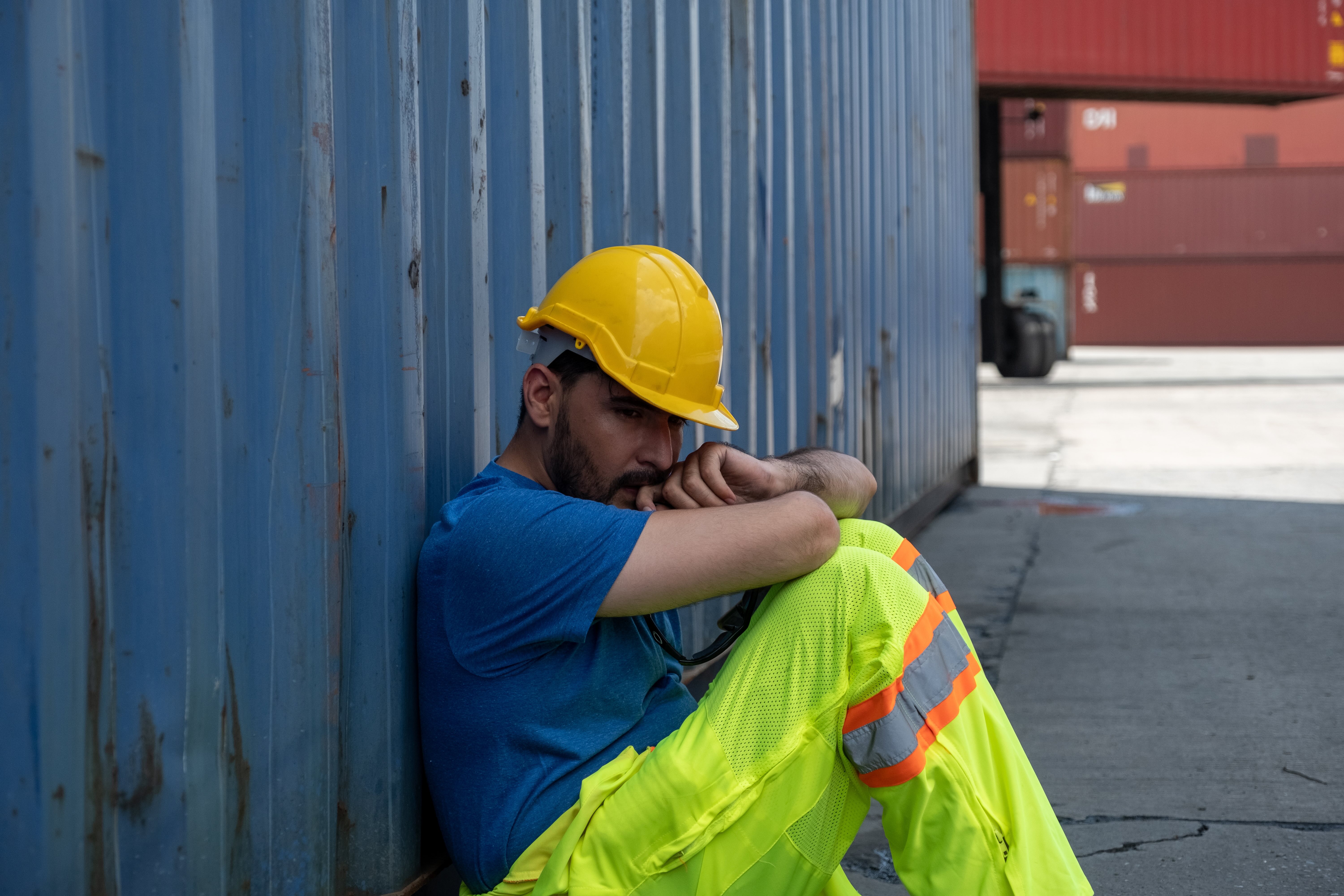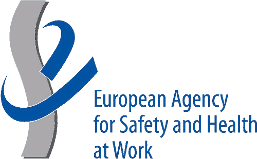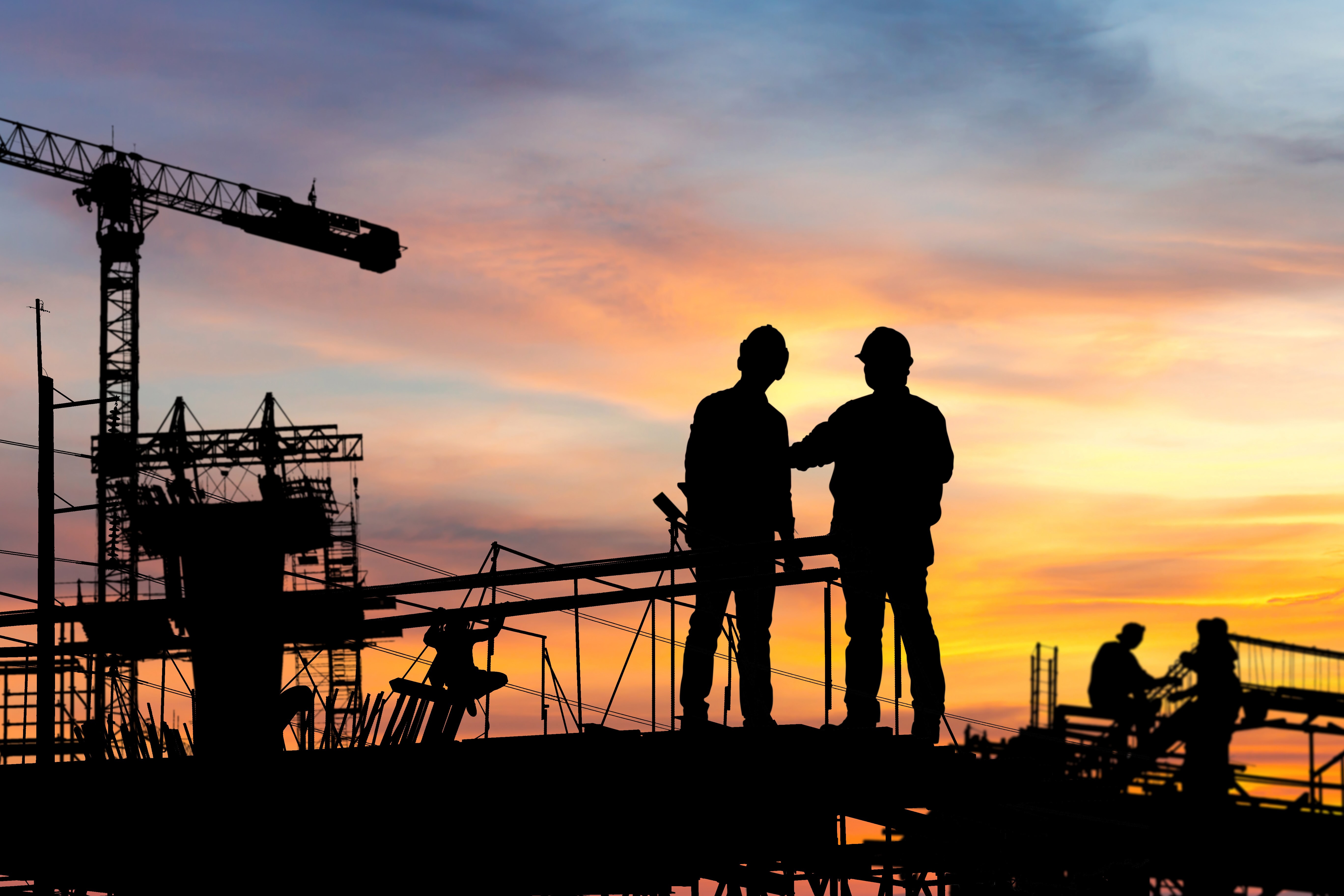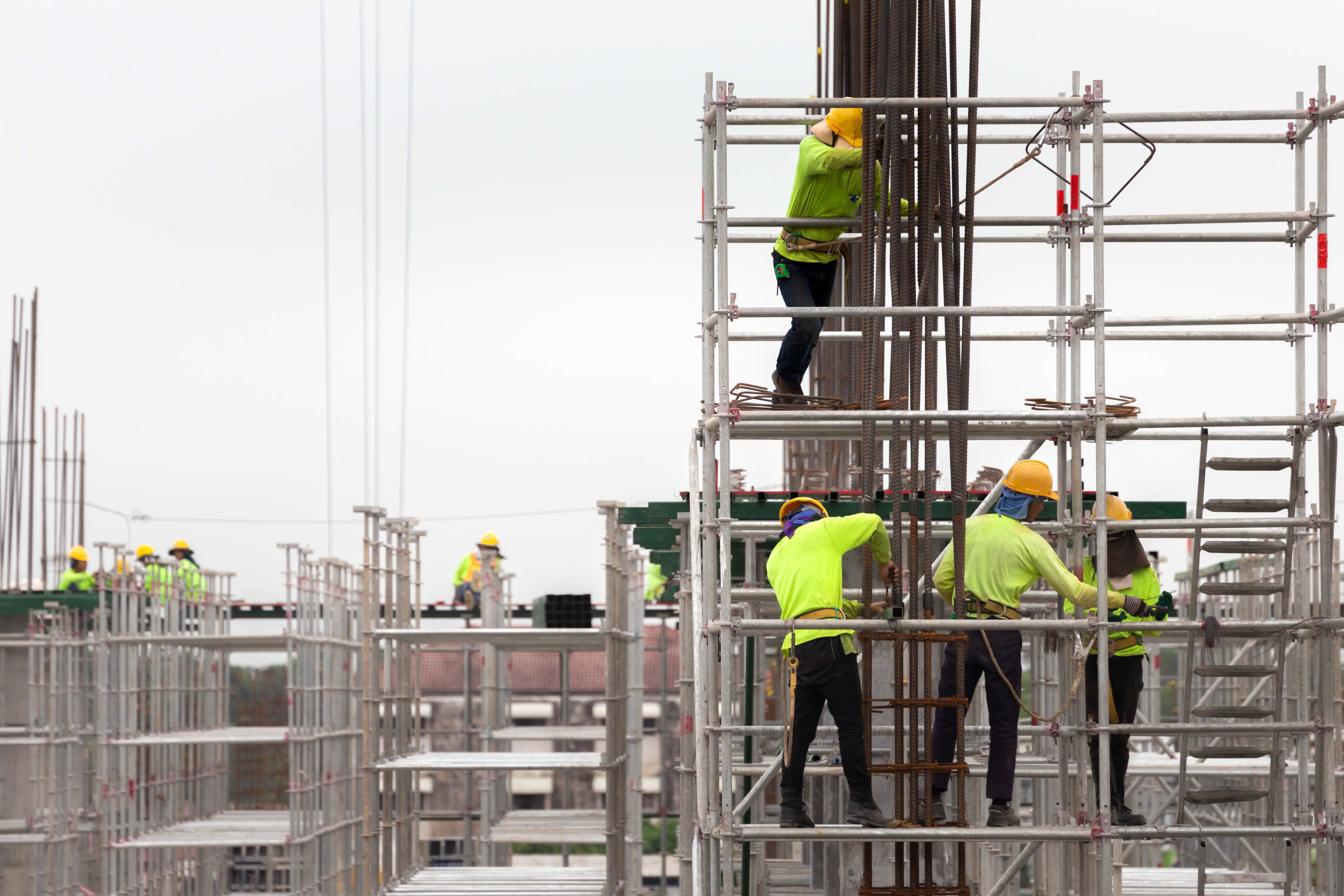

In 2023, the European Commission’s Communication on a comprehensive approach to mental health called for an EU-wide Healthy Workplaces flagship initiative on psychosocial risks and mental health at work, with a specific focus on new and overlooked occupational sectors, including agriculture and construction.
In response to this call, this report examines the evidence on work-related psychosocial risk factors in the construction sector, their impact on mental health outcomes, and the positive impact organisations can have on the prevention of workplace psychosocial risks to improve workers’ mental wellbeing.




Psychosocial risks are influenced by working conditions and ‘macho’ male cultures
Psychosocial workplace risks include specific interactions and events that emerge from cases of poor working conditions relative to work design, organisation or management and to the social context in the workplace (Cox & Griffiths, 1995). Over 50% of European workers believe that stress is common in their workplace and that the impact of work-related mental health disorders on people, organisations and economies is increasing (EU-OSHA, 2013).
The construction sector employs around 18 million people in the EU, and jobs are physically and mentally demanding regardless of skill level. In fact, 46% of the EU’s construction workers are exposed to severe time pressures and work overload (EU-OSHA, 2022b). Additionally, the representation of SMEs in the sector is high, with 95% of companies employing fewer than 20 workers (EESC, 2022). Thus, organisational constraints can inhibit efforts to manage psychosocial occupational safety and health (OSH) risks and protect workers’ mental wellbeing.